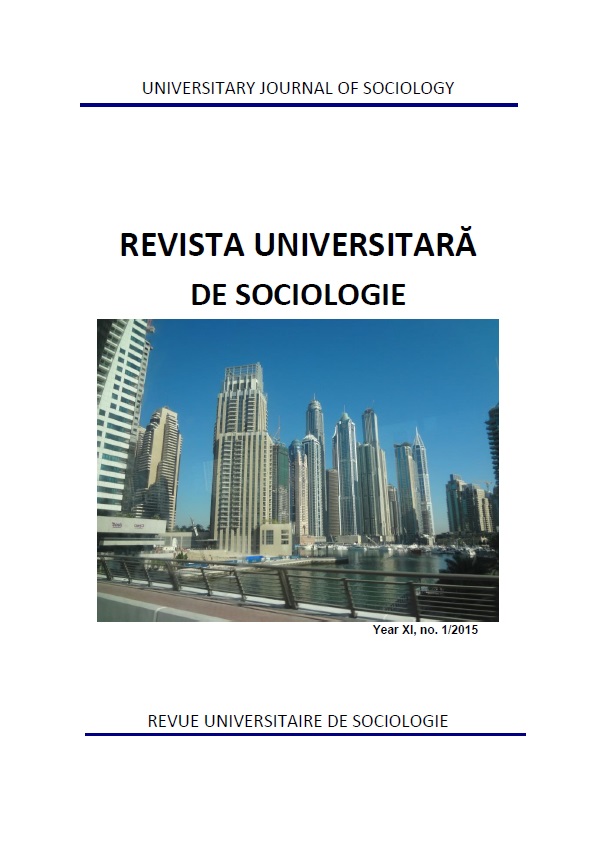WORK-FAMILY CONFLICT IN RELATION WITH RESOURCE CONSERVATION THEORY AND EXPANSIONIST THEORY
WORK-FAMILY CONFLICT IN RELATION WITH RESOURCE CONSERVATION THEORY AND EXPANSIONIST THEORY
Author(s): Livia PoganSubject(s): Social Sciences, Education, Sociology, Educational Psychology, Management and complex organizations, Family and social welfare, Sociology of Education
Published by: Ediktura Beladi
Keywords: work-family conflict; resource conservation theory; expansionist theory;
Summary/Abstract: Initially, work and private life were conceptualized according to the model of two separate spheres. From mixing those spheres generally resulted problems, failures, stress, all united under the term "work-family conflict". This wording refers to the role conflict occurred when the requirements of the professional role are incompatible with the family demands (Greenhaus, Beutel, 1985). Later, the relationship between family and profession was seen as a bidimensional construct, the professional roles affecting private roles and vice versa. Although, initially research has paid attention to work-family conflict, it seems, however, that balancing family and professional life is an intriguing, multifaceted domain, which may take positive or negative aspects. The results of recent studies (Barnett and Hyde, 2001) about the benefits in terms of life quality when on is involved in several roles, prompted reconsideration of the issue and the tendency of deepening research, in order to identify variables that determine transforming what was originally lived as a conflict, into a life situation with positive effects for the individual and why not for the organization to which he belongs, his family and thus society.
Journal: Revista Universitară de Sociologie
- Issue Year: XI/2015
- Issue No: 1
- Page Range: 66-72
- Page Count: 7
- Language: English

